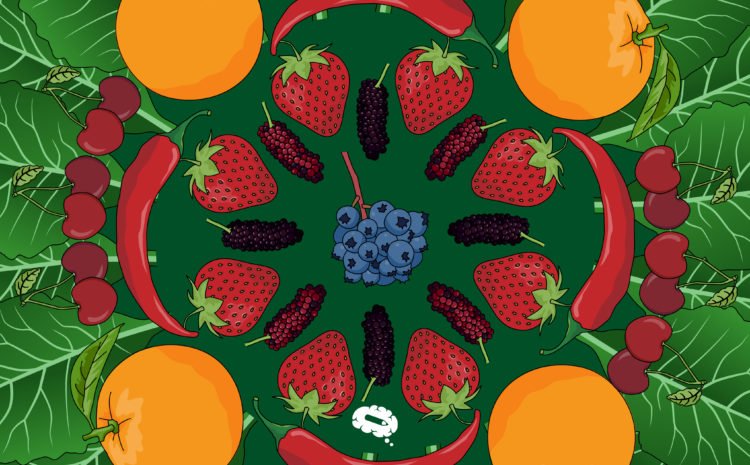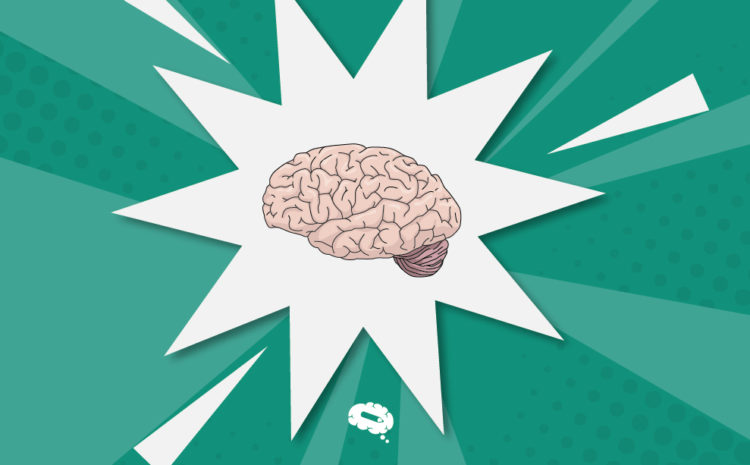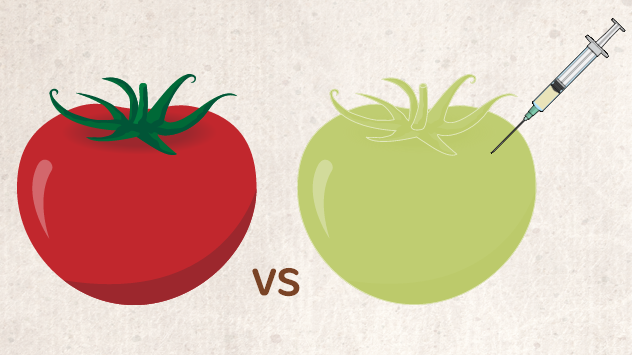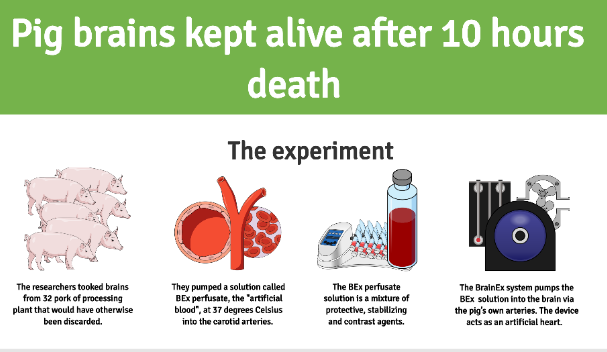Brain healthy foods
Researchers have discovered that people who consume at least half a serving of flavonoids-rich foods each day, such as strawberries, citrus fruits, and peppers, appear to have a decreased risk of cognitive decline.
Flavonoids of both the flavone and anthocyanin types may have the greatest anti-inflammatory effects in the study. In this study, their aim was to examine whether dietary flavonoids are related to subjective cognitive decline (SCD).
Check out Mind the Graph Gallery illustrations related to the topic of this blog post. Click on the image below!

A colorful story about food
Known as powerful antioxidants, flavonoids are natural compounds found in plants.
Those compounds also appear in wine, tea, and chocolate. You can protect your body against everyday toxins with flavonoids.
A flavonoid can be divided into different subgroups, depending on whether its Benzene ring is attached to the Carbon ring or how much desaturation and oxidation the Carbon ring has undergone.
The subgroups are flavones, flavonols, flavanones, flavanonols, catechins, and anthocyanins, and chalcones.
Researchers of this study believe flavonoids are potent antioxidants that help slow aging-related cognitive decline.
This study proved that diet changes can reduce cognitive decline by as much as 20 to 25 percent.
List of brain foods
Additionally, flavonoids were studied individually. Flavones, naturally occurring compounds found in spices and orange or yellow fruits and vegetables, showed the greatest benefits on cognitive function, similar to reducing the risk of cognitive decline by three to four years.
Each 100g serving of pepper contains about 5 mg of flavones. A source of anthocyanin can be found in blueberries, cherry, and blackberries. Each 100 gram serving of blueberries has about 164 mg of anthocyanins.
Study participation included 49,493 women and 27,842 men averaging ages 48 and 51 when the study started. Following up for more than 20 years, people answered several food frequency questionnaires.
Each type of flavonoid was divided by its frequency to calculate its intake. During the study, each participant evaluated his or her own cognitive abilities twice, including: “Would you say that you have difficulty recalling recent events?” and “Do you find it difficult to recall a shortlist of items?”
Using OTP involves assessing a person’s memory at a stage when they have suffered enough memory loss for them to know that they have problems, but not necessarily severe enough for a screening test to detect.
According to the study, people in the highest 20% of the consumption of flavonoids consumed approximately 600 milligrams (mg) a day, while people in the lowest 20% consumed about 150 mg daily. In studies adjusting for factors related to age and nutrition, flavonoids were associated with a lower risk of cognitive decline. Self-reported cognitive decline was 20% lower in the group of high flavonoid consumers than in the group of low flavonoid consumers.
The study’s participants who achieved the best results ate an average of half a serving of citrus fruit per day, including oranges, grapefruits, grapefruit juice, pears, and apples. Other phytochemicals may contribute to this effect, but for long-term neuroprotective benefit, a diet rich in flavonoids, particularly flavones and anthocyanins, seems like a good idea.
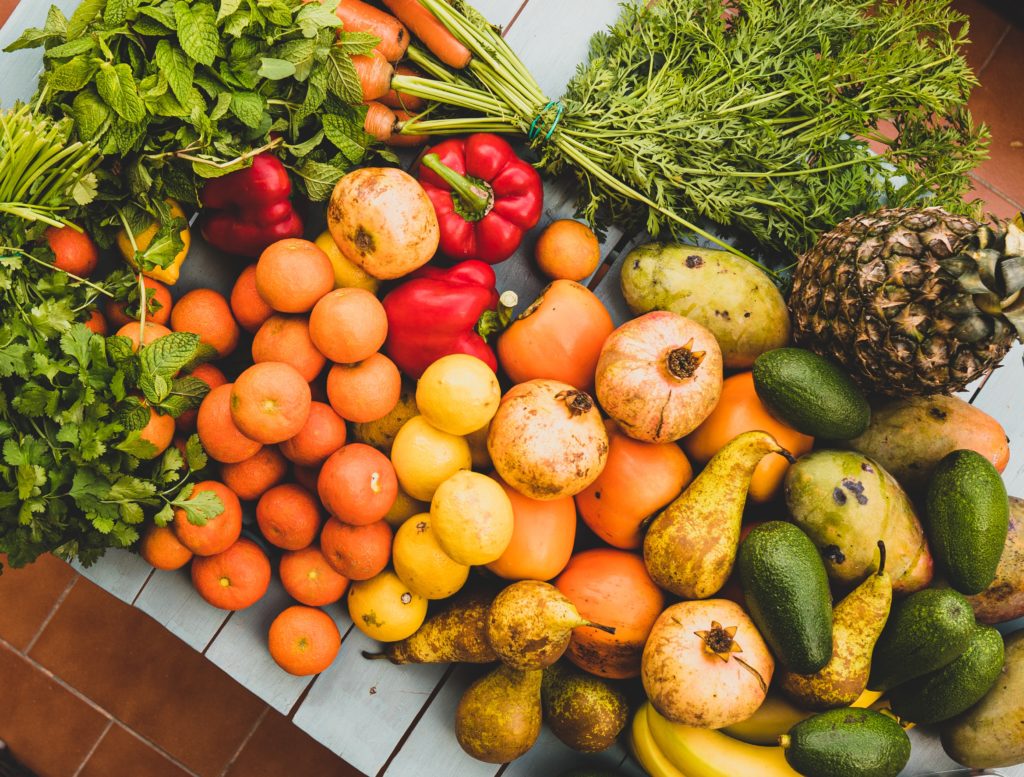
It is possible to establish a protective relationship with flavonoids at any time, as research shows it doesn’t matter regardless of when the compounds were introduced. So get going and eat and drink all those colorful fruits and vegetables.
You can learn more about this discovery by checking out the references below.
Yeh, Tian-Shin, et al. “Long-term dietary protein intake and subjective cognitive decline in US men and women.” The American Journal of Clinical Nutrition (2021). DOI: 10.1212/WNL.0000000000012454

Subscribe to our newsletter
Exclusive high quality content about effective visual
communication in science.

